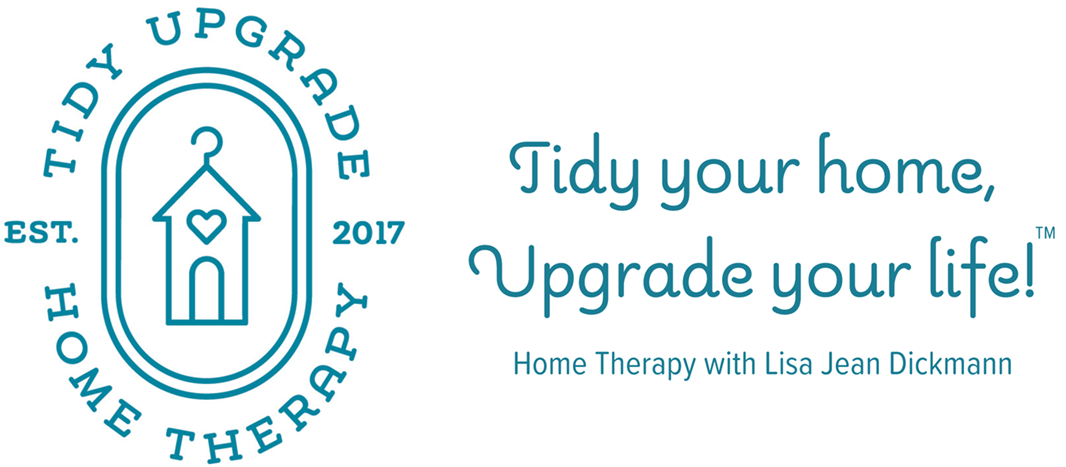It’s Time to “Stretch” – 5 Ideas to Make the Most of What You Have
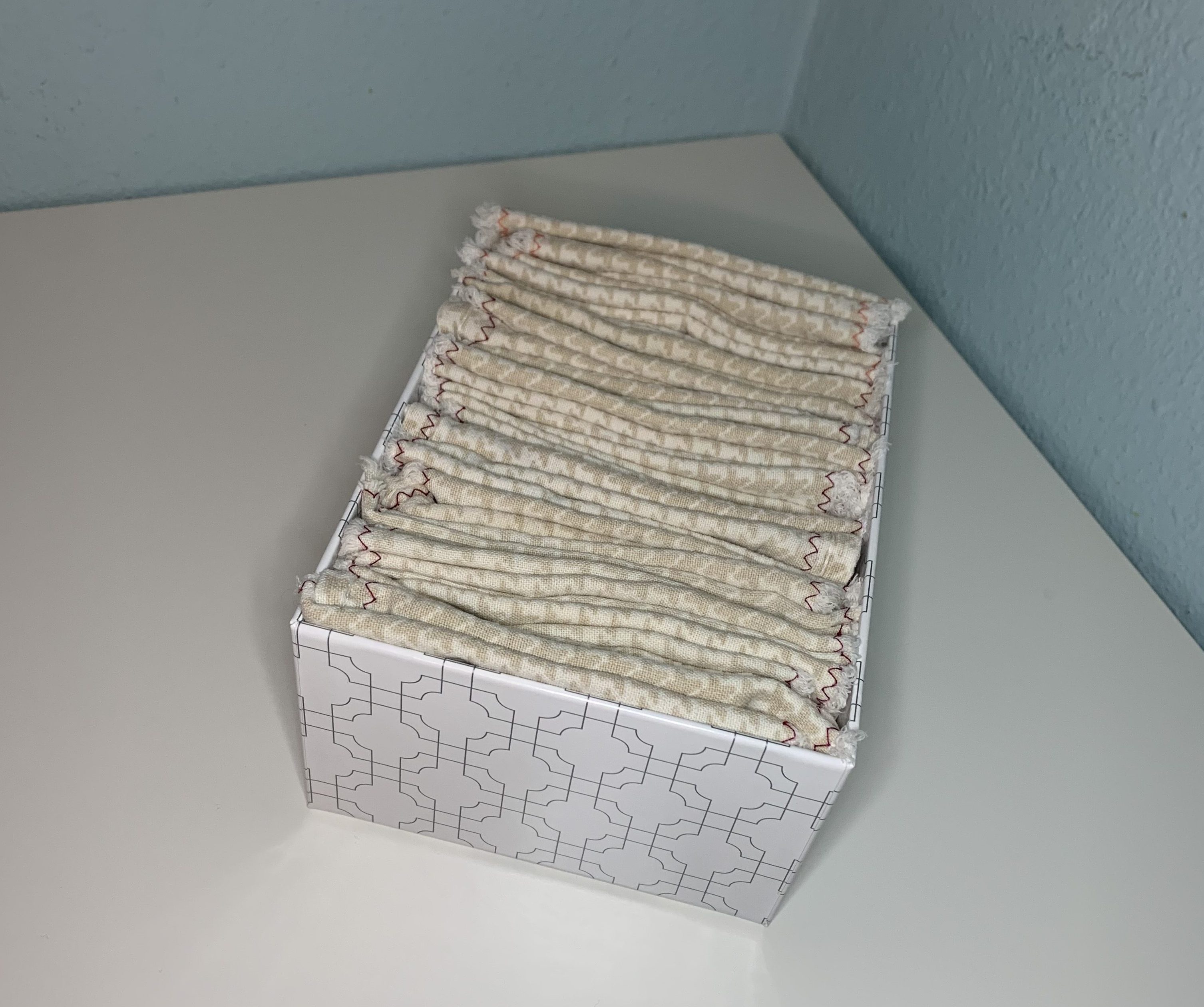
Support and cooperation are what we need, now more than ever. I’m showing up for you here. The last several days have been a series of one shock after another for many of us as the coronavirus, COVID-19, spreads through Europe and the United States. Almost every event has been canceled to curtail the spread of the virus, from mass school closings to Catholic Mass. One day I had never heard of #socialdistancing. The next day, I was practicing it.
Before our local library closed to help prevent the spread of COVID-19, I checked out the book Stretch by Scott Sonenshein, who is the co-author of Marie Kondo’s upcoming publication, Joy at Work. Sonenshein writes, “The foundation of stretching is to focus on what we already have. A stretching mind-set releases us from the anxiety of never having enough and teaches us that we can make more than enough with what’s right here.”
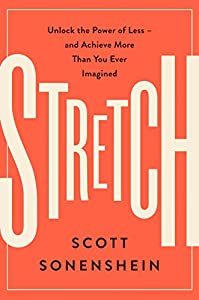 Right now, if we focus on what we have and how we can use our resources to the best of our ability, we will see that we can get through this and we can make it work with what we already have. That’s how the KonMari™ Method works, too! We don’t need to go out and buy all the fanciest organizers and containers and matching kitchen containers – what we already have usually works just fine. You just have to look at it in a different way.
Right now, if we focus on what we have and how we can use our resources to the best of our ability, we will see that we can get through this and we can make it work with what we already have. That’s how the KonMari™ Method works, too! We don’t need to go out and buy all the fanciest organizers and containers and matching kitchen containers – what we already have usually works just fine. You just have to look at it in a different way.
Most of us right now are experiencing some (or a lot of) trauma. I expect this trauma and loss will grow as the virus spreads. No one is immune. Not to this disease, and not to the effects of this disease on our economy, our loved ones, our medical system, and our way of life as we know it. We are all suffering from the effects of the coronavirus, whether or not we are infected.
I recently read the book Flourish by Martin Seligman. Yes, I’m a self-help book nerd! Seligman spent a chapter of the book discussing Post-Traumatic Stress Disorder (PTSD), and I learned something new: PTSD is not the normal response to trauma and grief – the most common response to suffering is actually growth! After an initial period of heightened anxiety and depression and a dip in well-being, people emerge from traumatic events stronger and better than before. Research showed that people who experienced two traumatic events had well-being superior to those with one, and those with three traumas emerged stronger than those with two.
This resonated with me. After the death of my daughter Cecelia in 2017, I experienced the “post-traumatic growth” that Seligman described in his book. I learned to stretch, and focus on what I do have. I showed gratitude. I emphasized what I could control and found comfort in daily duties like washing dishes and doing laundry. Sonenshein writes, “Doing nothing while the world around us changes makes us an inevitable victim to outside forces.”
The world is changing fast. Doing nothing is not an option. Even staying home is doing something, and helping prevent the spread of the virus. Let’s do our part.
Here are some ways you can stretch:
- Get creative with the use of your resources. The KonMari™ Method embraces the idea that you already have what you need. Fewer resources means more expansive thinking. How can you use what you have to keep your kids educated and entertained? How can you stretch if you run out of toilet paper?
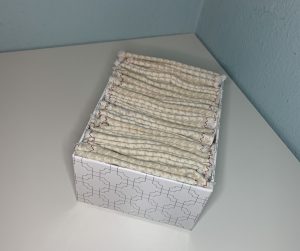
“Family cloth” at the ready; a few years ago, I made this eco-friendly, machine-washable toilet paper substitute from a flannel sheet. - Create routines. Sonenshein suggests shifting your thinking about routines to something positive, reframing them as “dynamic,” “creative,” and “individualized.” Use routines to help automate daily tasks. I have never been good at following a schedule, but I am thus far finding it tremendously helpful as I stay home with four kids for the coming weeks and months.
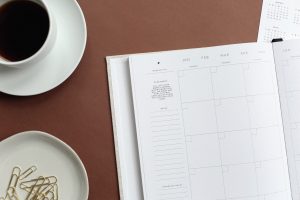
- Organize the essentials. Sonenshein points out that “Satisfaction doesn’t come from accumulating lots of things, but rather from organizing the most essential stuff in our lives.” What is essential to you right now?
- Ask “What went well?”. By asking this question, we stretch to recognize what we can be grateful for. Training ourselves to look for and share positive points each day will create greater well-being, even when times are sparse. Alternatively, you can write three things you’re grateful for in a gratitude journal. In Stretch, Sonenshein writes of the results of a study by Robert Emmons and Michael McCullough noting, “The gratitude group [in the study] reported higher levels of well-being and fewer symptoms of physical illness.” Gratitude is a top priority in my home right now.
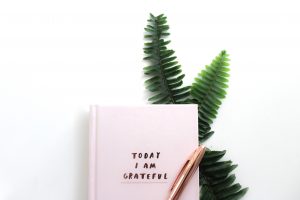
- Focus on what you can control. For some of us, focusing on what we can control will mean tidying up. Detoxing your environment is one way to spark joy, even in a time when joy seems sparse. For others, the generous amount of decision-making that comes with tidying may be too much. That’s ok! Do what you can handle. Maybe clear just one small area and savor just one peaceful moment.
In Stretch, Sonenshein writes, “People can accomplish incredible, unimagined things by being resourceful in times of need.” Here we are. What will you accomplish by being resourceful during this time of great need? How will you stretch? It may be hard to see this now, but science tells us that most of us will grow during this time and emerge from this trauma stronger than before.
If you find yourself ready to declutter, you have come to the right place. I’m available to support you virtually, with a plan, accountability, and answers. Contact me here to get started.
My prayers are with you, reader, and the world.
